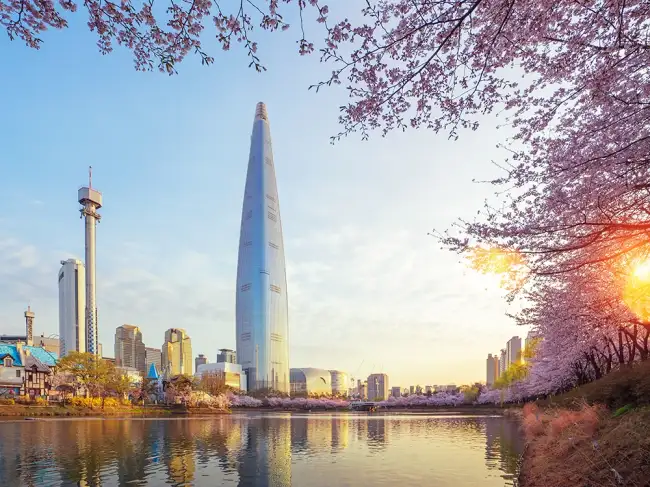Japanese Encephalitis Vaccine
Course Of Two
- Safe in Southeast Asia
- Protected in East Asia
- Safety in Pacific islands
South Ealing Pharmacy, Ealing, London W5 4RJ
15 minutes
£118.00
Protect Your Health: Get Vaccinated Against Japanese Encephalitis
Understanding Japanese Encephalitis
Japanese Encephalitis (JE) is a serious viral infection transmitted by mosquitoes, predominantly found in rural areas throughout Asia and parts of the Western Pacific. While many JE infections are mild or without symptoms, the disease can progress to severe encephalitis (inflammation of the brain), leading to permanent neurological damage or even death in severe cases. Approximately 30% of cases that develop into encephalitis are fatal.
Why Vaccination Matters
For travellers to regions where JE is prevalent, vaccination is the most effective way to protect against this potentially deadly disease. The risk may be particularly significant if you plan to spend extended periods outdoors in rural farming areas where the JE-carrying mosquitoes are more common, especially during the transmission season from dusk to dawn.
Who Should Get the Japanese Encephalitis Vaccine?
The JE vaccine is recommended for:
- Travellers to Endemic Areas: Particularly if you are planning to visit, work, or live in rural or agricultural regions of countries where Japanese Encephalitis is common.
- Long-term Travellers and Expatriates: Those spending a month or more in endemic areas during the JE virus transmission season.
- People with Occupational Risks: Such as laboratory workers who may handle live JE virus, or field workers in endemic areas.
How the Japanese Encephalitis Vaccine Works
The vaccine for JE provides active immunisation by introducing inactivated JE virus to stimulate your body's immune response without causing the disease. This prepares your immune system to fight the virus should you come into contact with it during your travels.
Vaccination Schedule
The JE vaccine is typically administered as two doses:
- First Dose: Given at your initial visit.
- Second Dose: Administered 28 days after the first.
What to Expect During Your Vaccination
- Consultation: A healthcare provider will assess your travel plans, health history, and any potential contraindications to ensure the vaccine is appropriate for you.
- Vaccination: The vaccine is administered as an injection, usually in the upper arm.
- Aftercare: Most people have no serious side effects. Some may experience mild reactions such as redness or pain at the injection site, headache, or muscle pain.
Safety and Side Effects
The JE vaccine is safe and effective, with millions of doses administered worldwide. Most side effects are mild and temporary. As with any vaccine, severe allergic reactions are rare but can occur. Your healthcare provider will discuss potential risks and any concerns you might have during your consultation.
Frequently Asked Questions
Q: Is the Japanese Encephalitis vaccine necessary for all travel to Asia?
A: The vaccine is recommended for travel to rural areas where JE is common. If your travel is limited to urban areas or short stays, your healthcare provider may advise that the vaccine isn't necessary.
Q: Can children receive the Japanese Encephalitis vaccine?
A: Yes, children can be vaccinated against JE. The vaccine is approved for children aged 2 months and older, with dosing adjusted according to age.
Q: How long does the JE vaccine provide protection?
A: A full vaccination course provides protection for at least a year, and a booster dose can extend protection for up to 10 years.
Book Your Japanese Encephalitis Vaccination Today
Don’t let Japanese Encephalitis put your health at risk. Whether you’re travelling for leisure, work, or moving abroad to an endemic area, getting vaccinated is a crucial step in protecting your health. Our team of healthcare professionals is here to ensure you receive the necessary protection tailored to your specific travel plans.



